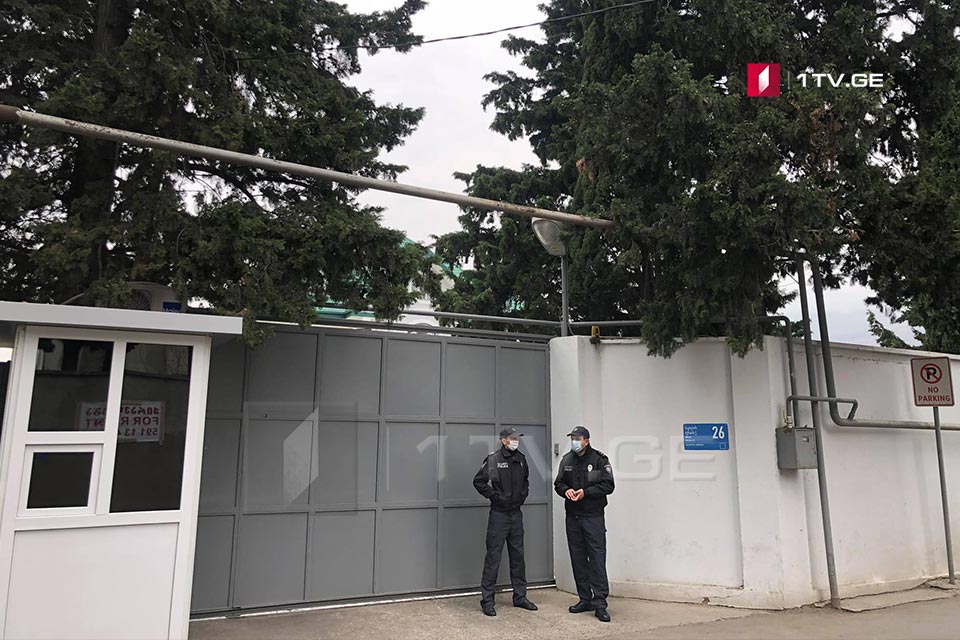Third round of negotiations between government and opposition kicks off
The third round of negotiations is underway at the residence of the US Ambassador to Georgia. Representatives of the opposition and the Georgian Dream party are meeting with the facilitator ambassadors over the October 31 parliamentary elections.
The representatives of eight opposition parties, which have secured seats in the Georgian Parliament of 10th Convocation, demand early elections, the election administration reform, holding a plebiscite on new parliamentary elections in 2021, and release of the so-called political prisoners.
The CEC chairperson must be nominated from an impartial, neutral, and credible source and that not only the majority but also the opposition take part in the election process, the European Georgia party leader Davit Bakradze declared before the meeting at the US Ambassador’s residence.
According to Bakradze, the opposition wants an agreement with the government to ease the political crisis in the country, but the ball is in the Georgian Dream’s court.
The leader of yet another opposition party Citizens Aleko Elisashvili hopes the agreement will be reached but believes “the Georgian Dream must give up important things, otherwise negotiations would not make sense at all”.
Labor Party Head Shalva Natelashvili commented before the third round that the parliament will not be the highest legislative body, which should determine the domestic and foreign policy of the country, without re-elections.
While the leader of the Strategy Aghmashenebeli party Giorgi Vashadze believes it is too early to talk about any compromise.
Georgian Dream Executive Secretary Irakli Kobakhidze represents the ruling party at the negotiations. He did not comment to the media before the meeting.
But another member of the Georgian Dream’s party list Davit Matikashvili said yesterday that the Georgian Dream is ready to negotiate, although some red lines would not be crossed. Matikashvili added that political forces should be able to make useful political decisions not in the streets, but within the parliament, as provided by the regulations and the Constitution.
